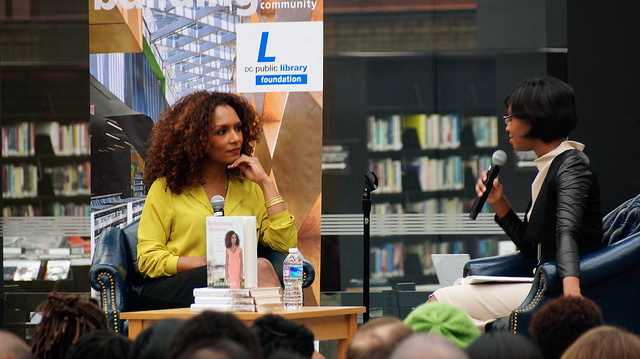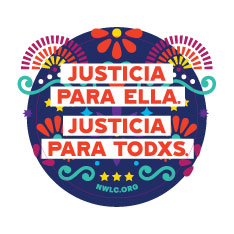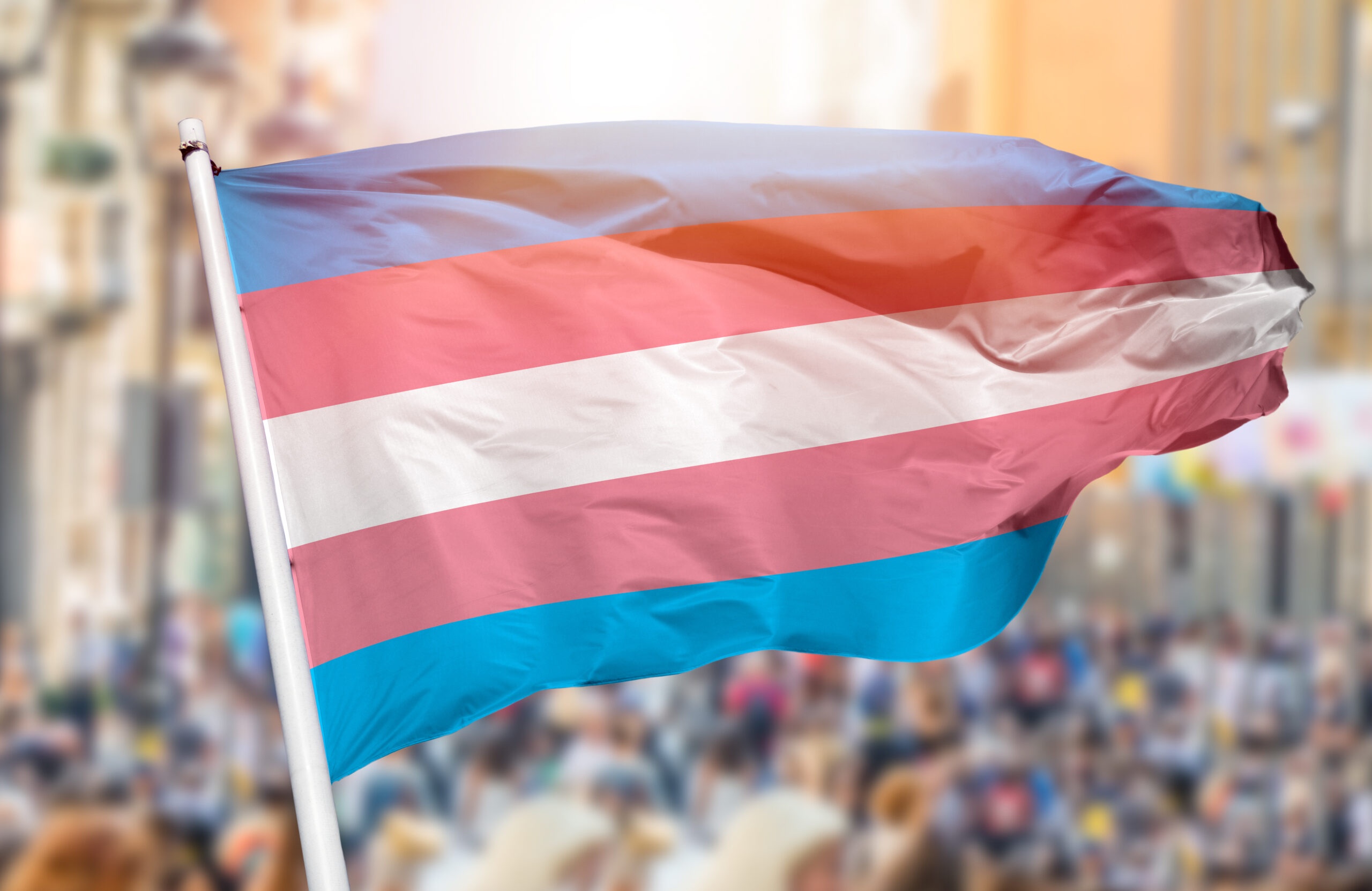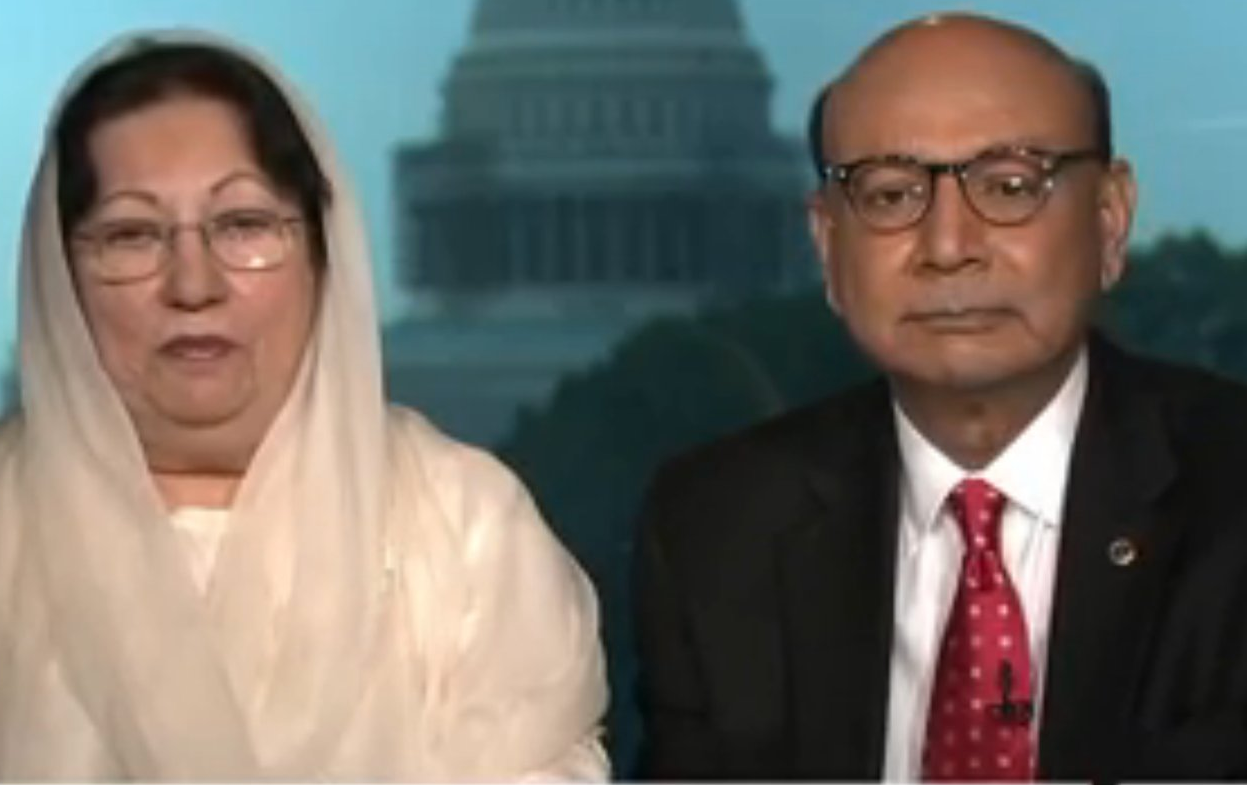Abortion rights, women of color, and LGBTQI+ people are under attack. Pledge to join us in fighting for gender justice.
This Trans Day of Visibility, We’re Done Explaining Ourselves in Exchange for Your Acceptance.
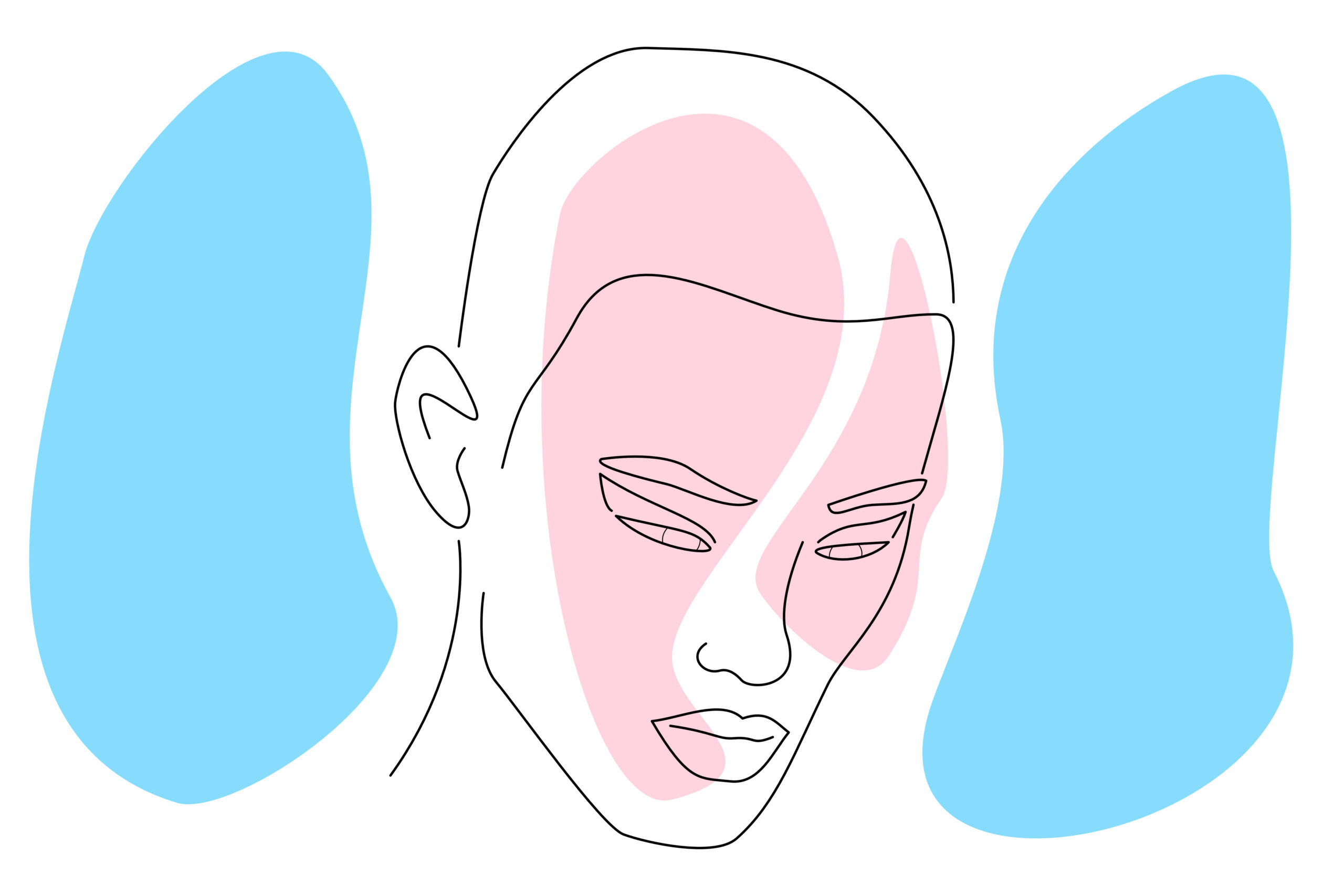
As I reflect on what Transgender Day of Visibility (TDOV) means to the transgender community, I’m thinking about how hard things have been over the last year: Transgender people have had to grieve major losses in our community, not to mention the legislative attacks on our rights to simply exist. When I think about all we’ve had to overcome, for this TDOV, all I want is a day of rest; a moment of reprieve from the barrage of questions we must constantly field to defend and validate our existence.
As a transgender nonbinary person, I’m no stranger to head-scratching. I get a lot of questions, many of which I can wave off as well-meaning. However, there’s one question that cuts me deeply every time I hear it. It’s the one question I wish I could take a vacation from every day, because whenever I hear it, I’m forced to confront the pervasive lack of visibility of the transgender experience:
“How can you be transgender if you haven’t transitioned?”
Now, there’s a lot to unpack here—which, fortunately, repeatedly getting this question has helped me do. First, as a nonbinary person, this question has shown me that many cisgender people don’t understand that transitioning isn’t a binary concept—that is, they believe only transgender women and men can transition, not nonbinary people—and relatedly, that many don’t understand that social transition (like changing one’s name or pronouns) is just as valid a form of transition as is medical transition (like gender-affirming surgeries or hormone therapy). Second, and perhaps more importantly, this question has shown me that many believe that to be transgender is to transition; that is, they don’t understand that the prefix “trans-” in transgender isn’t synonymous with the “trans-” in transition.
Of course, as a nonbinary person, I cannot speak for the entire transgender community, because I’m not a transgender women or man, nor do I know what it’s like to be a transgender person who occupies intersecting identities subjecting them to oppression I don’t experience. What I can say for certain is that this question is so damning because it casts transitioning not as the intensely personal, beautiful, liberating, and life-giving journey it is, but as a metric to validate our existence to cisgender people.
To conflate being transgender with transitioning is to say that there’s an end point in transition; that it’s a linear progression from “point A” to “point B.” And, to believe that we are only valid when we reach such an “end point” in transition implies that the goal of transition is to “pass” as cisgender, because it is the point at which we achieve validity, not in our expression of gender nonconformity, but in the eyes of the cis-hetero-patriarchy. Not only is passing a luxury many trans people don’t have, but this understanding of transition disappears our transness, leading to the vilification of and violence against transgender people who, because of their perceived gender nonconformity, cannot achieve this projected ideal of gender.
In short, this question is so painful because it implies a limiting principle for something that is inherently limitless. This is because to be “trans” is not to transition. Rather, the “trans” in transgender conveys that we transcend fixed, cis- and white-centric ideals of what society tells us gender is or should be. This answer is the antidote to this painful question; it is validation in its purest form; it is absolution from a world that will never cease trying to chip away at us to force us to fit into neat, little boxes.
With that all said, I return to my initial question: what does TDOV mean? To me, it means allowing us, for one day, to be free from the pressure of having to explain ourselves in exchange for acceptance. It means, instead of questioning us, giving us support in a world that demands we make ourselves smaller to avoid stigma, rejection, and violence.
So do your research and seek out a variety of trans voices—especially trans voices lifting up their experiences as individuals with multiple marginalized identities—to educate yourself on what it means to live in a world that fundamentally rejects and attempts to grind down trans people for who they are. Do the work so that, for a moment, we do not have to.
Inherently, to be trans is to be resilient; it is an endless fight for our survival and safety. But, to celebrate TDOV is to give us reprieve from this fight. So, for one day, shift this burden of explanation away from us, so that TDOV can be what it is meant to be: a day of awareness, validation, and above all else, a celebration of the beautiful, complex, and multifaceted aspects of transness.


